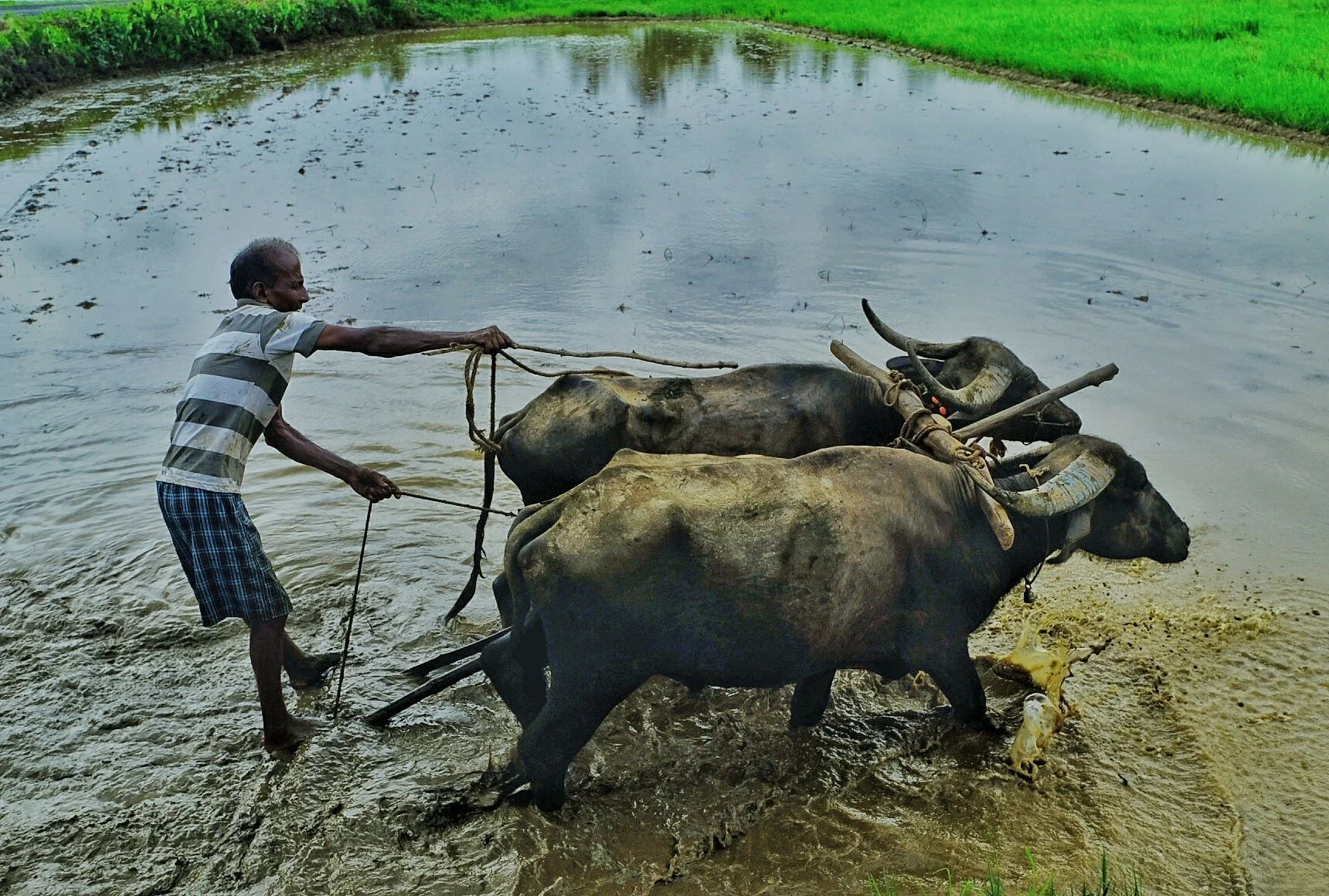By Roy Parras
Issue no. 13
Over a few years, I started to see visual changes occurring in the landscape. Fields that would welcome me into Curtorim with a green lushness to them were now slowly becoming uncultivated. This visual started to create a niggling thought in my head that in a way lead to an apprehension. I was wondering, what would it be for us if one day all of this faded into oblivion?



















